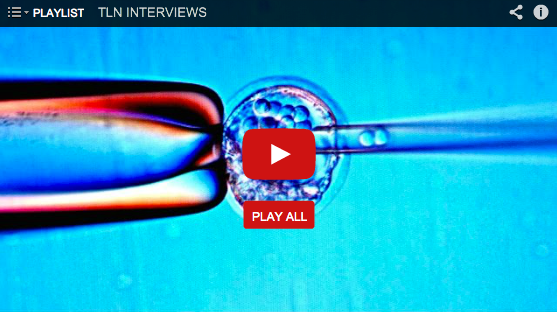Stem cells reside in adult bone marrow and fat, as well as other tissues and organs of the body such as the umbilical cord. These cells have a natural ability to repair damaged tissue, however in people with degenerative diseases they are not released quickly enough to fully repair damaged tissue. In the case of fat stem cells they may not be released at all. The process of actively extracting, concentrating and administering these stem cells has been shown in clinical trials to have beneficial effects in degenerative conditions. We offer people access to these investigational treatments now.
Adult stem cells
Adult stem cells can be extracted from many areas of the body, including the bone marrow, fat, peripheral blood and umbilical cord. Once the cells have been harvested, they are sent to the lab where they are purified and assessed for quality before being reintroduced back in the subject. Since the stem cells come from the subject or in the case of umbilical cord mesenchymal cells that are immune-system privileged, there is no possibility for rejection. Stem Cell Institute advocates the use of autologous stem cells (your own) and allogeneic mesenchymal stem cells (from a donor) as they have no ethical or moral issues and pose no possibility for rejection. Stem cells isolated from the umbilical cord, bone marrow, fat have the ability to become different cell types (i.e. nerve cells, liver cells, heart cells, and cartilage cells). Studies have also shown that these are capable of homing to and repairing damaged tissue. Animal studies have shown that these stem cells also secrete proteins and peptides that stimulate healing of damaged tissue, including heart muscle and spinal cord.Fat derived stem cells
Fat stem cells are essentially sequestered and are not available to the rest of the body for repair or immune modulation. Fat derived stem cells have been used for successful treatment of companion animals and horses with bone and joint injuries for the last 5 years with positive results.
Experimental studies suggest fat derived stem cells not only can develop into new tissues but also suppress pathological immune responses as seen in autoimmune diseases. In addition to orthopedic conditions, Stem Cell Institute has experience treating subjects with Osteoarthritis, Rheumatoid Arthritis, Multiple Sclerosis, and other autoimmune diseases using various types of adult stem cells.
Articles Authored by our Doctors and Scientists about Fat Derived Stem Cells:
- Non-expanded Adipose Stromal Vascular Fraction Cell Therapy for Multiple Sclerosis
- Autologous Stromal Vascular Fraction Cells: A Tool for Facilitating Tolerance in Rheumatic Disease
- Autologous stromal vascular fraction therapy for rheumatoid arthritis: rationale and clinical safety
Bone marrow stem cells
The bone marrow stem cell is the most studied of the stem cells, since it was first discovered to in the 1960s. Originally used in bone marrow transplant for leukemias and hematopoietic diseases, numerous studies have now expanded experimental use of these cells for conditions such as peripheral vascular disease, diabetes, heart failure, and other degenerative disorders.
Human umbilical cord tissue (HUCT) stem cells
Umbilical cord stem cells reside in the *umbilical cords of newborn babies. HUCT stem cells, like all post-natal cells, are “adult” stem cells.
The Stem Cell Institute utilizes cord-derived mesenchymal stem cells that are separated from the umbilical cord tissue. For certain indications, these cells are expanded into greater numbers at Medistem laboratory under very strict, internationally recognized guidelines.Among many other things, mesenchymal stem cells from the umbilical cord tissue are known to help reduce inflammation, modulate the immune system and secrete factors that help the central nervous system to regenerate.
Because HUCT stem cells are less mature than other cells, the body’s immune system is unable to recognize them as foreign and therefore they are not rejected. We’ve performed thousands of procedures with umbilical cord stem cells and there has never been a single instance rejection. HUCT stem cells also proliferate/differentiate more efficiently than “older” cells, such as those found in the bone marrow and therefore, they are considered to be more “potent”.
*All donated cords are the by-products of normal, healthy births. Each cord is carefully screened for sterility and infectious diseases under International Blood Bank standards.





